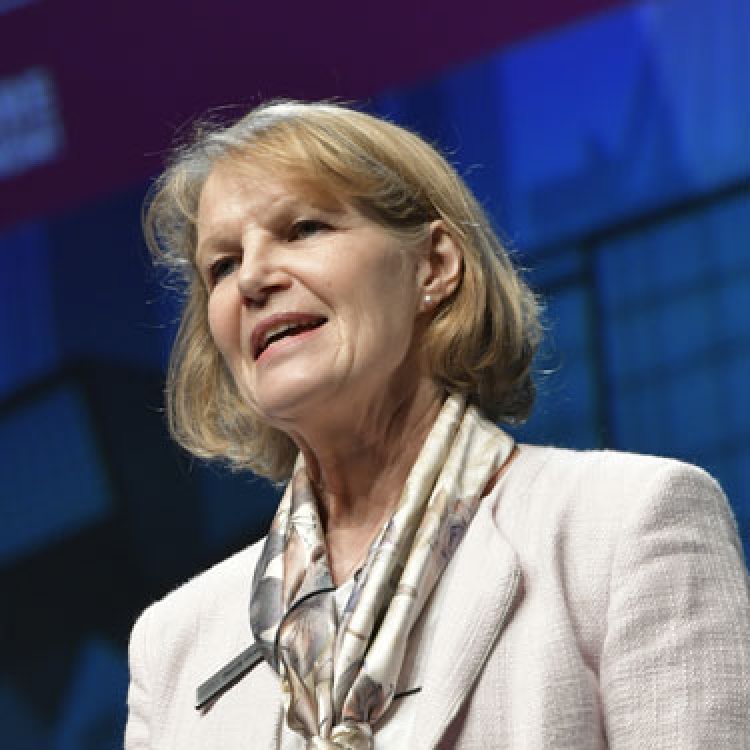An inclusive association - Airmic chair seeks to broaden member participation

Airmic chair Lynda Lucas has urged all members to feel welcome to come forward and play an active role in the association. She wants people to realise that their contributions will be valued regardless of professional background. Mark Baylis reports.
"We want people to get involved. It's a membership organisation and to be the best it can be, it needs members to participate," says Lynda Lucas. "If members join in so their views are captured, Airmic can produce more robust outputs, better targeted offerings for members and better represent the membership as a whole."
She was developing a theme first introduced at the annual conference in June in her inaugural speech as chair. She called then for more people to get involved and stressed the need for Airmic to be an inclusive organisation making all members feel valued regardless of their professional background, type of organisation they represent or industry sector.
Turn the clock back ten years and the association, in many people's eyes, was dominated by middle aged men with mostly insurance backgrounds. This does not apply to Airmic today, when you will see a more diverse membership represented at most meetings.
Nonetheless, Lucas believes that members who do not have the words 'risk' or 'insurance' in their job titles can feel inhibited about coming forward. People such as company secretaries, business continuity, health, safety, security and human resource professionals are actively involved in risk management. Their perspectives are every bit as relevant as anyone else's, their contributions just as potentially valuable. And she should know because she herself has a company secretarial background.
"One of the great things about an association like Airmic is that it brings together people who see things differently from each other. By sharing ideas, we're all enriched," she says.
Member involvement is already high by association standards, with a majority attending at least one Airmic event annually. Lucas, however, hopes to see the numbers rise. Special Interest Groups (SIGS) have a part to play in this, and Airmic is focussing its resources on existing SIGS and the creation of some new ones, as well as making them more accessible to people outside the capital.
What other priorities does she have? "Education is at the heart of Airmic's strategic objectives," she says. "It is an area where we excel, and it is vital that we continue to do so." The association now provides training and education support for members at all stages of their careers including the fastTrack and business excellence development programmes, the Leadership Group and a series of new, innovative Academy days.
While she welcomes an increased emphasis on risk management and is looking forward to November's ERM Forum, she says insurance will remain a core part of the Airmic offering. "We still need to support insurance professionals, and we need to do that really well."
As for other changes, the board will have its annual strategy day later this month when it will discuss the next steps. Airmic has a comprehensive business plan that the board considers each year. That does not mean, though, that things will stay just the same. "Successful organisations," she says, "are those that are constantly re-inventing themselves."
That is certainly true of Airmic, which is very different from what is was ten years ago. We can be sure that the Board will not be resting on its laurels even after some undeniably dynamic and successful years. As to where we go in the next few years, well, members are encouraged to come forward and contribute to shaping Airmic's future, whether by answering surveys, joining SIGs, volunteering as workshop moderators, attending events or contacting the Airmic leadership team. Whatever their background.
